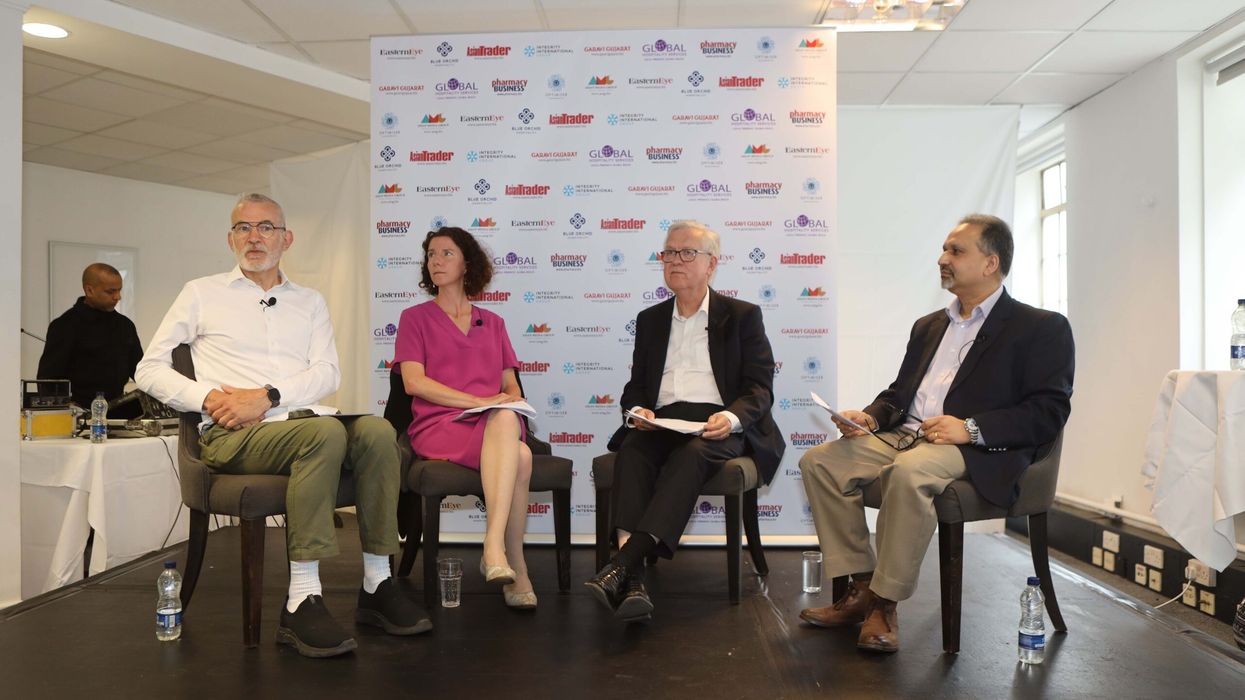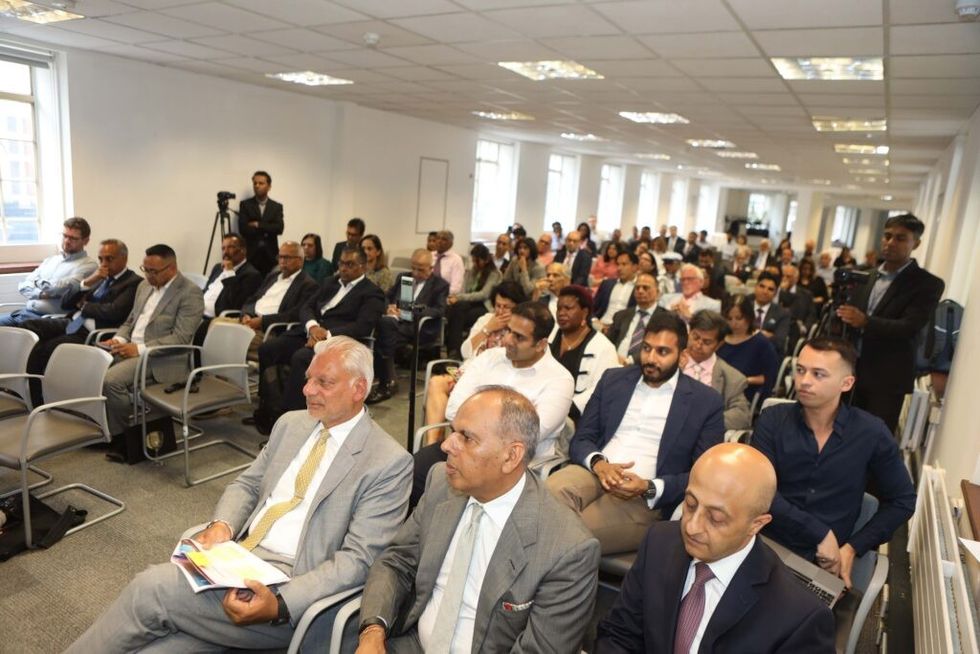A future Labour government would have a greater focus on legal migration while also tackling inactivity among British workers in order to reduce net migration to the UK, the party’s chair, Anneliese Dodds, said at an election debate hosted by Eastern Eye in London on Monday (1).
In its election manifesto launched last month, Labour promised to end the reliance on migrant workers and said the party will pass a new law to force different parts of the government to draw up skills improvement plans in high-migration sectors.
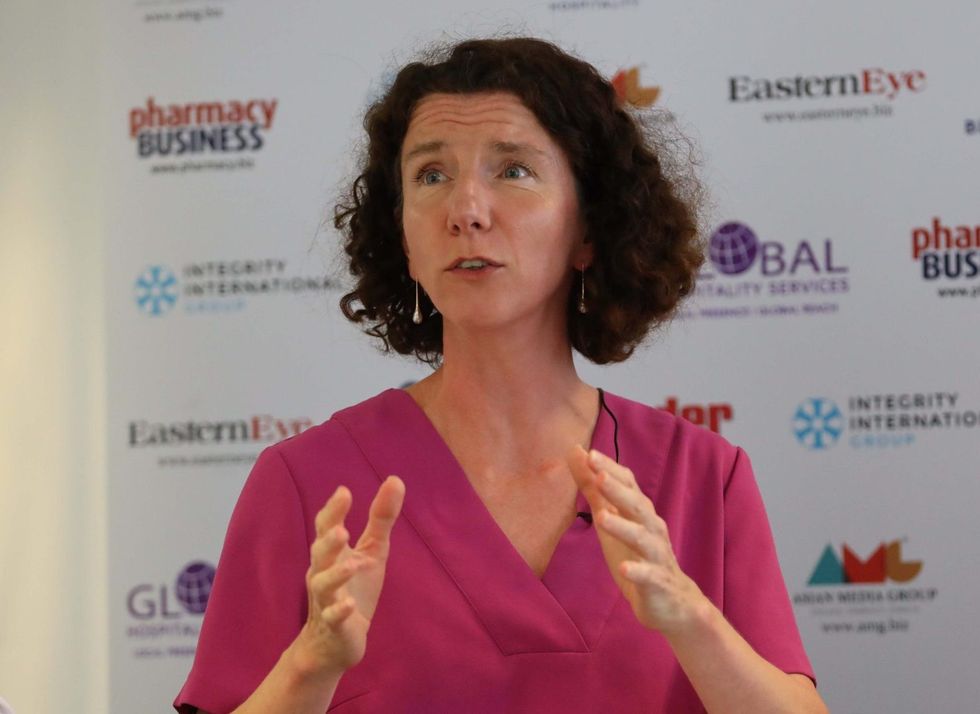
Dodds stressed this would make a bigger impact on net migration than the current Conservative government’s plan to deport asylum seekers to Rwanda - which she described as “unethical” and argued would “simply not work”.
“What has happened over recent years is a huge amount of the discussion in the UK is around unregulated migration, it hasn't focused on legal migration, regulated migration,” said Dodds, who is also the shadow secretary of state for women and equalities.
She was taking part in a panel discussion along with the Conservative Party’s Andrew Boff, chair of the London Assembly, and Lord Richard Newby, leader of the Liberal Democrats in the House of Lords.
Click here to watch the full debate
Dodds said, “We’ve seen a very significant increase in work visas, particularly in health and social care visas - up by about 150 per cent over last year.
“These people are coming to our country and making a huge contribution. They're the people who are staffing our social care homes, who are working in our NHS. That's happening at a time when levels of economic inactivity amongst the population already here has been going up, so there's something that is not working.
“Labour have said we need to have a proper workforce strategy. We need to end the situation where some employers can employ people from other countries and actually pay them less and be legally able to do that within our system.
“We need to make social care, in particular, is a job you can see progression in, where you can bring up a family - at the moment you just can't make ends meet. That's why we set up plans for fair pay agreement.
“There are things we can and should be doing. We've not seen action being taken over recent years, and Labour would be acting on those issues.”
Members of the Asian community were in audience at 55, Broadway, above St James’s Park station in central London at the debate, which was moderated by Eastern Eye’s editor at large, Barnie Choudhury.
Lib Dems leader Lord Newby argued for a rise in minimum hourly pay for sectors that were heavily reliant on overseas workers.
Home Office data shows the number of visas issued to social care workers, excluding dependants, reached a record 106,000 in 2023.
Health and care visas as a whole (also including doctors and nurses) now make up 75 per cent of all long-term skilled worker visa grants.
Newby said, “As far as social care is concerned, what we've said is that we should be paying people as a minimum in social care £2 an hour more than the living wage, because otherwise people are going to go and do less stressful jobs, working in supermarkets and elsewhere.
“It's no point saying we should double the wages of everybody, because that's not going to work. That's going to put people out of business. But what we can do is have a decent, basic living wage.”
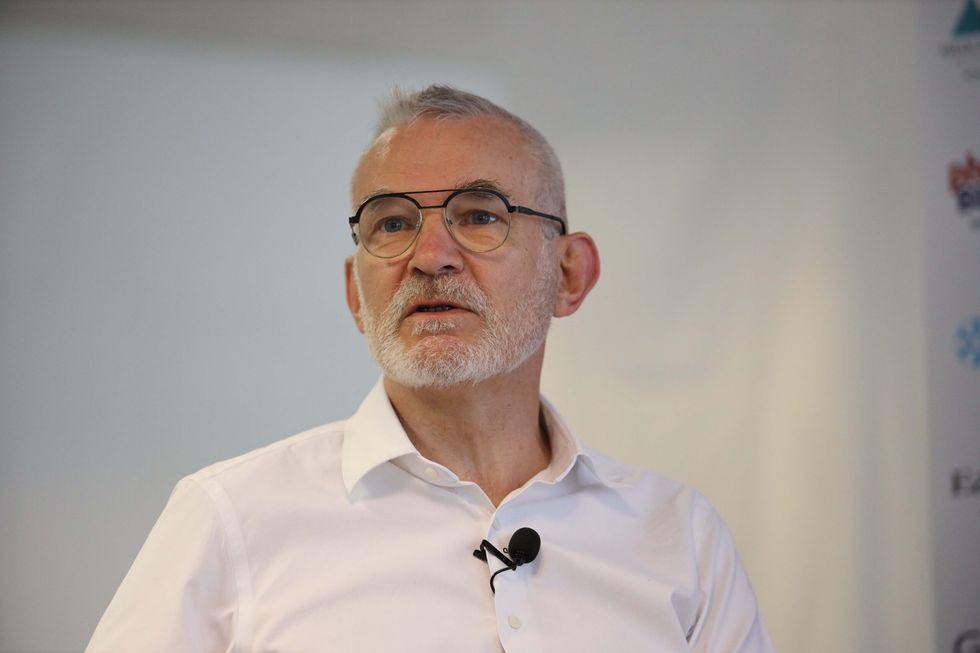
Boff said while immigration and diversity were a “major strength” in the capital, he believed the UK’s economy isn’t coping with the current levels of legal immigration.
Net migration to the UK fell ten per cent last year after hitting a record high in 2022.
The number – the difference between the number of people arriving in the UK and leaving – was 685,000 in the year to December 2023, said the Office for National Statistics (ONS).
However, despite the fall, net migration is more than three times higher than at the 2019 election when the Conservatives promised to cut overall numbers in their manifesto.
“We must value immigrants, and the best thing to do if you see an immigrant in the street is to go up to them and say, welcome and thank you for being here,” said Boff.
“However, what the people of this country are seeing is that we've got an economy that's not coping with the level of immigration.
“We're not alone on that, countries throughout Europe are struggling with this.
“We've introduced a points-based system that tries to make it as fair as possible for people to come to the UK to work. But the most important thing is we've got to reject the narrative put by some parties, like Reform, is that there is something wrong with immigrants or wrong with immigration – we ne need to reject that 100 per cent.”
Boff was questioned about members of his own party making divisive comments about immigrants, such as former home secretary Suella Braverman claiming that a” plane taking off to Rwanda, that's my dream, it's my obsession”.
“You shouldn't be demonising immigrants. You shouldn't dream of making people suffer. For me, that's called a nightmare,” responded Boff.
“But we have to have a system that is fair, a system that that takes into account the capacity of the country to be able to accommodate the immigrants who want to come here.”
With most polls showing Labour is on course to form the new government, Dodds said the party was determined to be open about how they will bring economic stability to the UK.
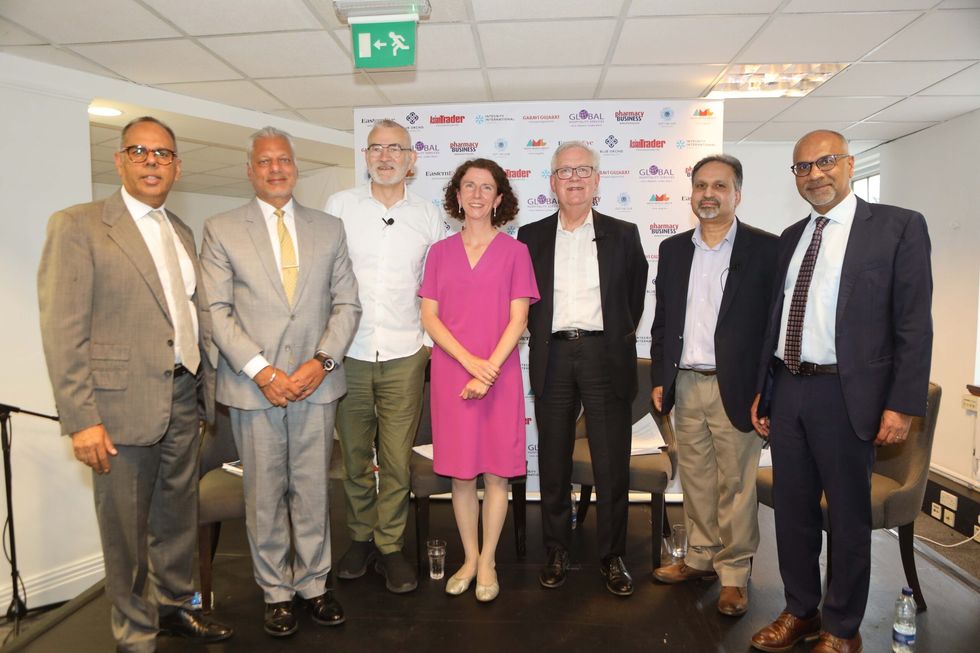
The Conservatives have claimed Labour has not been upfront with the public about its tax plans, with prime minister Rishi Sunak saying, “Labour would bankrupt people in every generation.”
Boff reiterated the thoughts of Sunak, saying “they (Labour) are going to tax you more to fund their schemes - history doesn't tell you any different”.
Dodds responded: “Labour would put in a fiscal lock that would mean we will never again have a budget being presented that had not been assessed by the Office for Budget Responsibility beforehand - we'd always have that transparency and that assessment.
“Our fiscal rules are also around, ensuring we have day to day spending being covered by tax receipts, that we don't end up in a situation where the markets believe there's going to be heavy indebtedness because of unfunded commitments.
“We've had a situation previously where there have been unfunded promises made by government, where they've not been clear about where the money is going to come from to pay for things, and that's led to economic instability that's impacted on everyone.
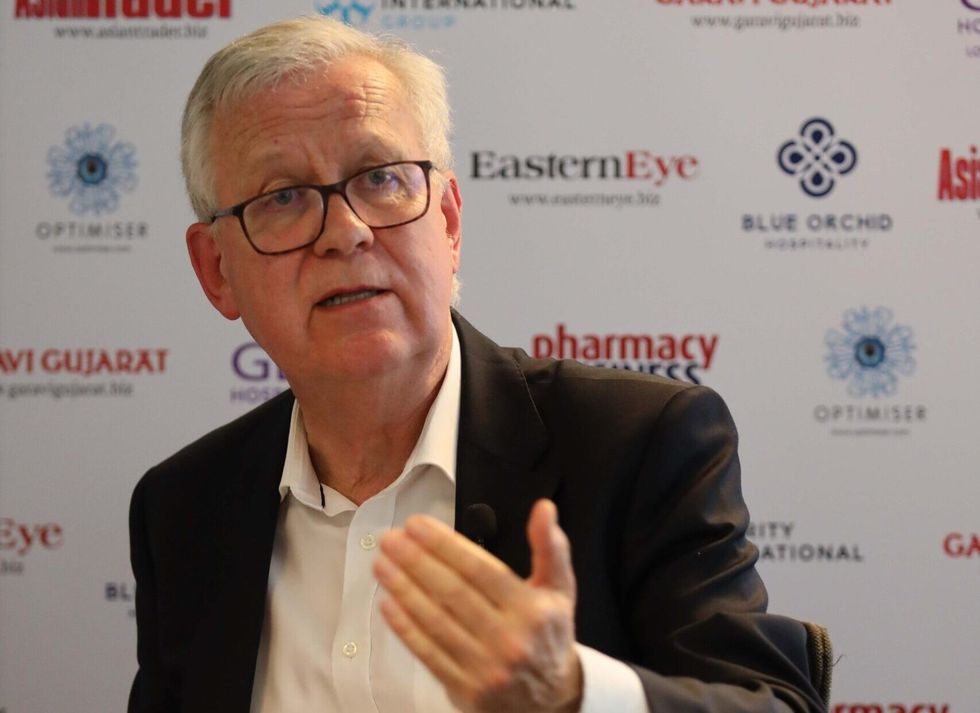
“Labour will not do that. We will always be clear about how we'll pay for our commitments.
“We have said we will remove that VAT exemption for private schools. We'll do it because we have to be clear about how we will improve schooling for the 93 per cent of children in our country who don't attend private schools.”
Newby said small businesses had faced “terrible problems” as a result of “chronic instability in recent years”.
Labour promised to overhaul the business rates system to help revitalise the high street if elected on Thursday (4).
The party has not specified what will replace the current business rates system, but said reforms would level the playing field for high street firms against online rivals.
Dodds said: “I've had many discussions with entrepreneurs, and I know they are concerned and want to understand Labour's plans around business taxation, particularly corporation tax. And (shadow chancellor) Rachel Reeves set that out very clearly (that there will be no increase to corporation tax), quite a long time ago to try and provide that certainty and economic stability.”
